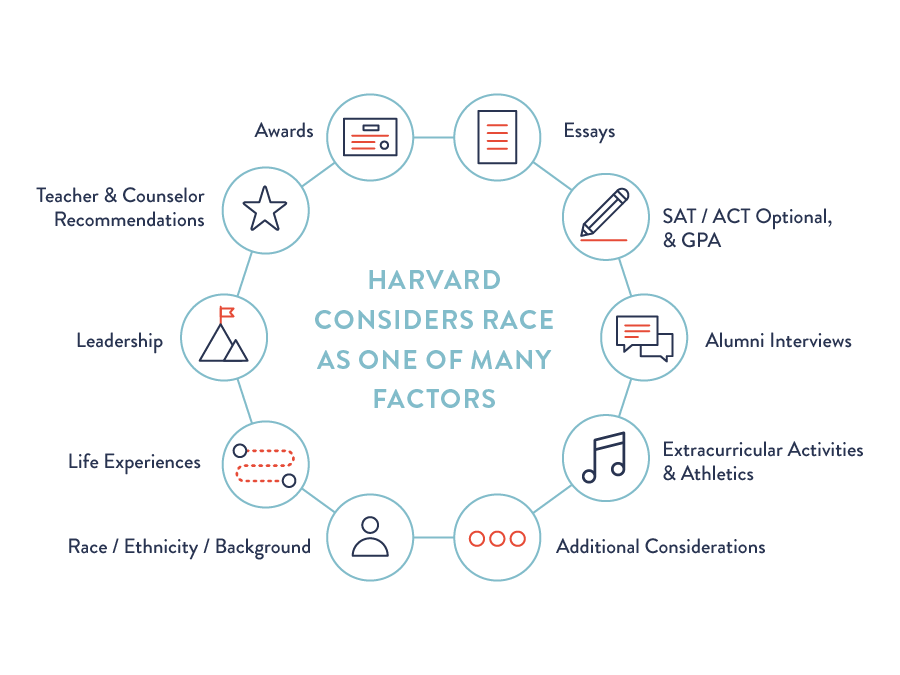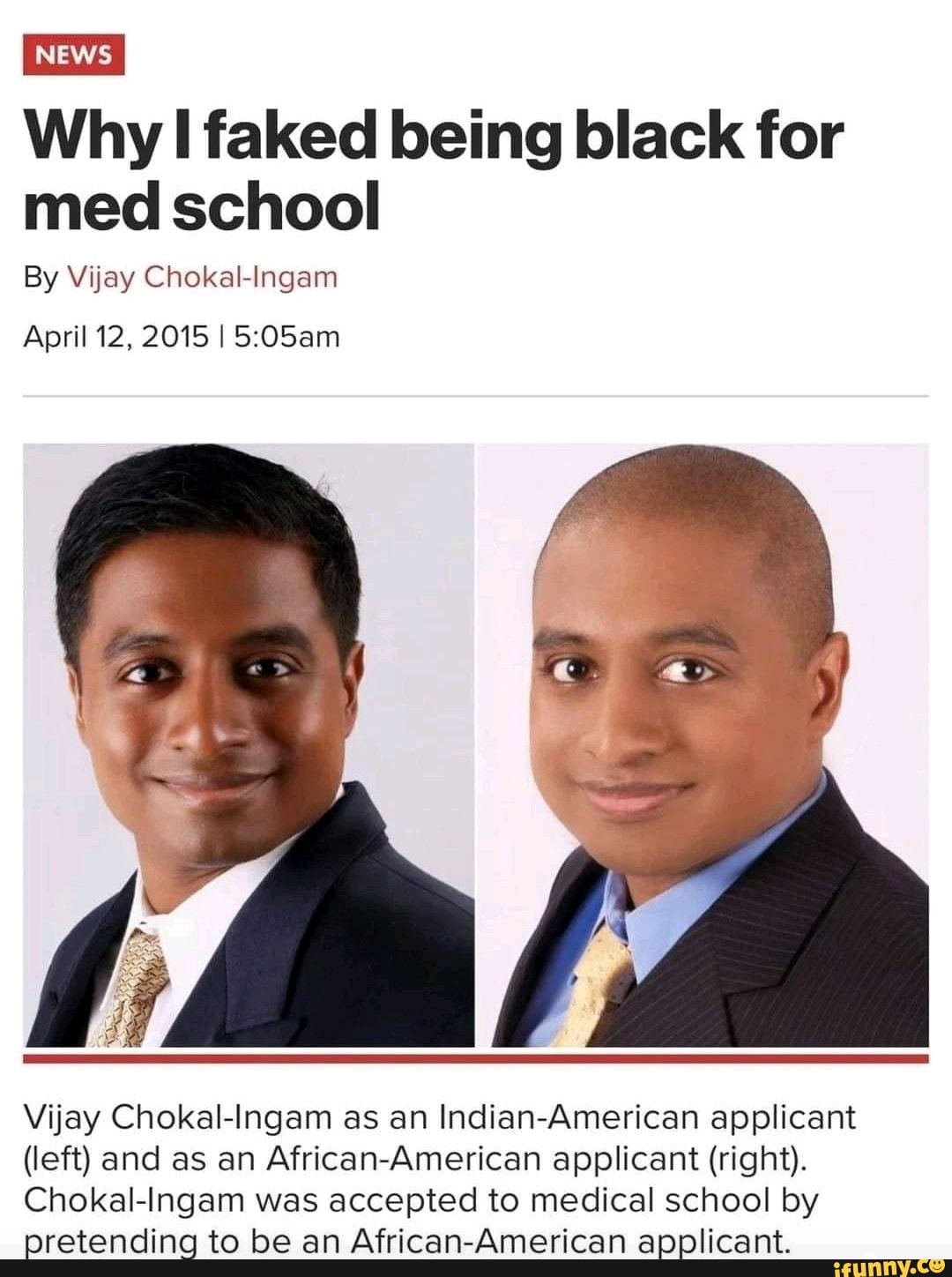D
Deleted member 25938
. . .
- Joined
- Jan 26, 2023
- Posts
- 6,180
- Reputation
- 7,751

Introduction
The U.S. college admissions system is drastically different from that of most (if not all) other countries in the world. Whereas the admissions systems of countries such as the UK, Germany, and South Korea function meritocratically, only considering grades and/or exams, the American admissions system pays attention to tons of non-academic factors that really shake up the college game, making it a rigged and unpredictable game. However, what many people don't realize is that some of these factors can be determined by your own actions, whether you get accepted or rejected from a top-tier college will almost 100% be influenced by factors that you have absolutely 0 control over.
Below, I will discuss some of these factors, associating blackpill terminology to each one I mention. I will also suggest some tips to maximizing your chances of winning the college game --- even despite these blackpills --- as well as some tricks that parents do to help this. Additionally, I will provide some personal anecdotes as I have gone through the admissions process and am enrolled to a top U.S. college.
Table of Contents
- Riceceldom | Just Be Black | BBC-pill: Colleges hate Asians but love other minorities
- Rarity | Exoticmaxxing | Nichemaxxing: What colleges really mean when they say "diversity"
- Genetics: Talents/activities that will get you in the door
- Epigenetics: You cannot do it alone
- Just Be First: Why decision rounds matter
1. Riceceldom | Just Be Black | BBC-pill: Colleges hate Asians but love other minorities
Have you noticed how given the same credentials, a black, Latino, or other minority applicant is more likely to get accepted into a top-tier school than an Asian?
I want to quote Harvard's statement regarding the infamous lawsuit filed against them in 2014 on allegations that the university has been using affirmative action policies to specifically discriminate (i.e., reject) applicants of Asian descent:

The Lawsuit
The Supreme Court decision on college and university admissions will change how we pursue the educational benefits of diversity – but our commitment to that work remains steadfast.
 www.harvard.edu
www.harvard.edu
Damn, us Asian bros can't catch a break jfl. Now we're getting cucked in the club and in the classroomIf the lawsuit against Harvard succeeds, it would diminish students’ opportunities to live and learn in a diverse campus environment—denying them the kind of experiences that are central to Harvard’s educational mission and critical for success in our diverse society.
These sort of issues that have arisen regarding Asians' place within the American education system have become more prominent, so much so that they could be considered a mainstay in the sphere of schooling. Yes, Harvard was 18.1% Asian in 2022. Yes, Asians only made up 7.2% of the entire American population. But to go as far as do this:

Whitewashing of Asian Students and the Report that Launched a Reckoning
A school district sparked fury after grouping Asian and white students together. The message was clear: 'person of color' meant underperforming.
Jfl, primary and secondary schools are lumping in Asians with whites???Perhaps this is what North Thurston and other school districts were doing by grouping Asian with white students — grading on a curve to give students who are farthest from educational justice a chance to catch up.
There are a couple of explanations for why Asians suffer this, and not other minorities:
- Model minority stereotype. Asians have been, in general, academically on par and exceeding of whites. However, the same stereotype that saves Asians from getting racially profiled on the streets cucks their perceived creativity and originality. There's a reason why Asians tend to be viewed as robots; even I, having very unconventional hobbies and interests that ultimately helped me get into college, still suffers that blunt of the stick. At the end of the day, it can only boil down to the way we look (i.e., soulless alien gooks) and the way we were raised (epigenetics). Hence, blacks and Latinos would be more favored simply because their pheno and their lifestyle make them seem "more diverse." This will be covered in the next chapter.
- While both Asians and Jews are both overrepresented in college demographics, there doesn't seem to be a whole lot of ridding of Jewish applicants. Is that, then, a jewpill?
Well, part of the relative immunity of Jews to what Asians are experiencing rn can be attributed to the fact that American Jews are largely white, meaning that they are just considered the mainstream and thus will not face that same minority treatment. Classic JBWpill.
2. Rarity | Exoticmaxxing | Nichemaxxing: What colleges really mean when they say "diversity"
It's common knowledge that all American schools strive for a more diverse image of their school; just look at your local college's brochures! But it's important to know that the "diversity" that schools look for is inherently flawed. Why? Because:
- It's based on traits such as race, ethnicity, and skin color.
- It's prone to skimming over meritocratic achievements due to the above point.
Imagine this. A top student. Valedictorian. 1570 SAT and 35 ACT. They're also Saudi Arabian. As well as non-binary. On a synchronized swimming team. You can see how this contrasts to a valedictorian with a 1570 SAT but who is Chinese, straight, and on the robotics team. The first applicant on paper seems rare, exotic, and highly intriguing. The second does not. Even being of Laotian or Burmese descent will put you at a leg up against the sea of Chinese, Korean, and Indian students. Hell, given their low income levels, they might be offered a handsome scholarship.
If you're not one of the underrepresented minorities in terms of physical features, then you're gonna have to compensate in other ways. By a lot. This is where nichemaxxing comes into play in the college game. You have to break the mold of your stereotype.
The three majors that applicants tend to flock to are business, pre-med, and STEM. If you add race and gender to that, then the chances of say, an Asian male, getting accepted into a top college with an intended major of engineering or computer science is really just a lottery at that point. This is why I, also an Asian male, applied as a prospective music major (and of very avant-garde music). Since many colleges have sizeable music departments with little to no students, I not only broke my stereotype, but I also quenched the needs of the school's resources. Such is effective nichemaxxing.
"How tf can I nichemaxx if I'm not a talented musician like you," you might ask? Well, that brings me to:
3. Genetics: Talents/activities that will get you in the door
- Sports. This is the most interesting one. Ever wonder why so many white kids play sports? It's not necessarily because the kids themselves want to; in fact, oftentimes they're pressured to play sports just as much as Asians are forced to studycel. It's another example of filling colleges' niche. The U.S. is huge on sports, and every college has sports teams. Every team needs athletes. The white parents who know the college game know this and make their kids do water polo, yachting, crew, and other less common sports so they their kids will be more easily accepted as a recruited athlete. And lemme tell you this: if you're a recruited athlete, you're top priority, and you're guaranteed a spot. Around 1/3 of my college is comprised of (varsity) athletes of some sort, and it's a fucking liberal arts college.
- Music. Not as in demand, but still works if you're a prodigy or a fucking oddball.
- Winning math and science competitions.
- Publishing a book.
- Significant humanitarian contributions in a 3rd world shithole.
- Winning a Nobel Prize (good fucking luck with that).
4. Epigenetics: You cannot do it alone
Even if you have amazing, blossoming talents, you will still fail the admissions process without social resources too. Ideally, you'd have the help of your parents, teachers, and counselors to be actively involved in your application process. I personally had such attentiveness, which allowed me submit polished essays, favorable recommendations, and formalities such as decision forms and the FAFSA for student aid. What is worrying is that many do not have interpersonal support; perhaps their parents are divorced, they're antisocial and the teachers don't know them, or their counselor also has to deal with 100 other kids' applications.
The alternative, doing everything by yourself, will just add undue stress and thus compromise the quality of your application contents. Ofc, it's still possible to be successful regardless, but it's a major blackpill having to struggle going through all that when a slight change in brain chemistry could lift a lot of that load off of you.
5. Just Be First: Why decision rounds matter
Let's say that you have the perfect application. You're rare, nichemaxxed, talented, and have great recommendations. But even still, when you choose to apply can be a make-or-break deal.
American colleges have multiple rounds of decisions:
- Regular Decision (RD). Normie choice. With top schools, getting in can be a lottery.
- Early Decision (ED), sometimes there are two rounds. The decision is binding, meaning that you have to commit if accepted. However, applying ED is an indicator of demonstrated interests, which colleges love, and increases your chances of acceptance. I applied to my college ED; I doubt I would have gotten in had I applied RD. Makes sense; more seats at the beginning, higher chance of filling in the niche earlier.
- Early Action (EA). Has become very popular recently; some prestigious but "easier" schools have this round, which attract tons of applicants to the school. However, EA is very deceptive for this reason; these schools, in order to raise their prestige, use EA to attract an enormous pool only to reject most applicants. For example, my high school saw 15 applicants to University of Chicago, the highest in school history. From hearsay, I assume that close to half applied EA. Guess how many got accepted. 0. Not a single person. Think about that for a sec.
Conclusion
Being successful in the (top) college admissions process in the U.S. is muddled with many different factors: academics, test scores, but also demographics, extracurriculars, social resources, and even the application parameters themselves. While this system is designed to make it crazy hard for people to attain something as basic as a good education, you gotta accept what it is (for now, who knows what'll change in the next decades) and utilize what you can for your own advantage.
Don't hate the player. Hate the game.
Last edited:






 .
.

